

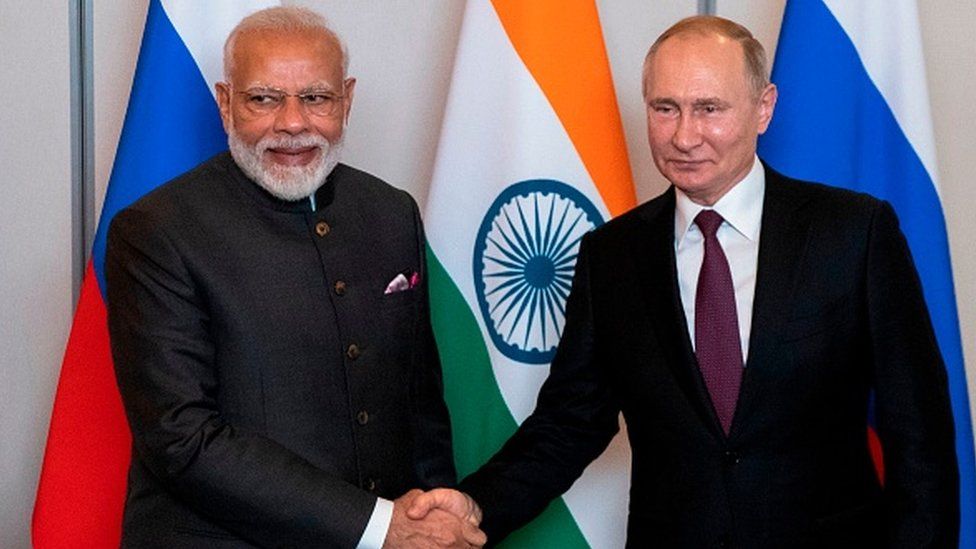
After Russian President Vladimir Putin's statement that India, Brazil and China could act as mediators between Russia and Ukraine, Indian Prime Minister Narendra Modi's visit to Kyiv gains significance. Modi reiterated India's stance on the conflict and stressed the importance of diplomacy in resolving it. He also mentioned India's readiness to contribute to the peace process. This statement comes months after the PM's call for peace during his visit to Poland, firmly advocating the use of diplomacy rather than war.
India's Balancing Act Amidst the Russia-Ukraine Conflict
Background:
The Russia-Ukraine conflict, which began in 2014 with Russia's annexation of Crimea, has escalated into a full-scale war since February 2022. The conflict has drawn global attention and has been met with strong condemnation from many countries, including India.
India, a close ally of Russia, has traditionally maintained a neutral stance on the conflict, emphasizing diplomacy and dialogue. However, recent events have brought India's role into sharper focus.
Role of India as a Mediator:
In April 2023, Russian President Vladimir Putin suggested that India, Brazil, and China could serve as mediators in the Russia-Ukraine conflict. This proposal came after Indian Prime Minister Narendra Modi visited Kyiv and met with Ukrainian President Volodymyr Zelensky.
During the visit, Modi reiterated India's stance on the conflict, calling for an immediate ceasefire and the need for a peaceful resolution through diplomatic channels. He also expressed India's willingness to contribute to the peace process.
Significance of Modi's Visit:
Modi's visit to Kyiv was the first by an Indian leader since the war began. It was seen as a significant gesture, sending a message that India is willing to play a more active role in mediating the conflict.
Top 5 FAQs:
What is India's official stance on the Russia-Ukraine conflict?
Why did Russia propose India as a mediator?
Is India willing to take on the role of mediator?
What are the challenges to India's mediation efforts?
How has India's role evolved over time?

Foreign Secretary of MEA bears brunt of online abuse after Pakistan ceasefire Vikram Misri, who has been a key figure in providing updates on India's military operation and ceasefire with Pakistan, has been the target of abusive comments and attacks on social media. The abuse, directed at Misri and his family, stems from political backlash over the government's response to Pakistan's ceasefire violation. Misri, a seasoned diplomat with an extensive career, has been praised for his calm and strategic handling of the situation.
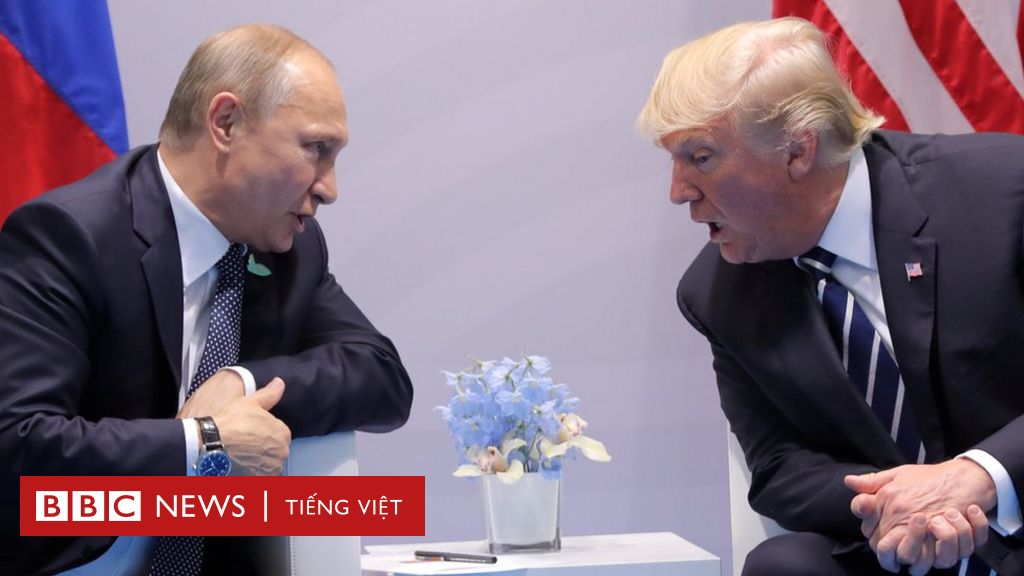
After Russia's overnight bombing of Kyiv, President Trump publicly called on President Putin to halt the attacks and criticized the timing of the strikes. He also urged for a peace deal between the two countries, while also condemning Ukrainian President Zelenksy for drawing a red line on recognizing Crimea as part of Russia. High-level talks have failed to reach a resolution, with the president questioning why Ukraine did not fight for Crimea eleven years ago.
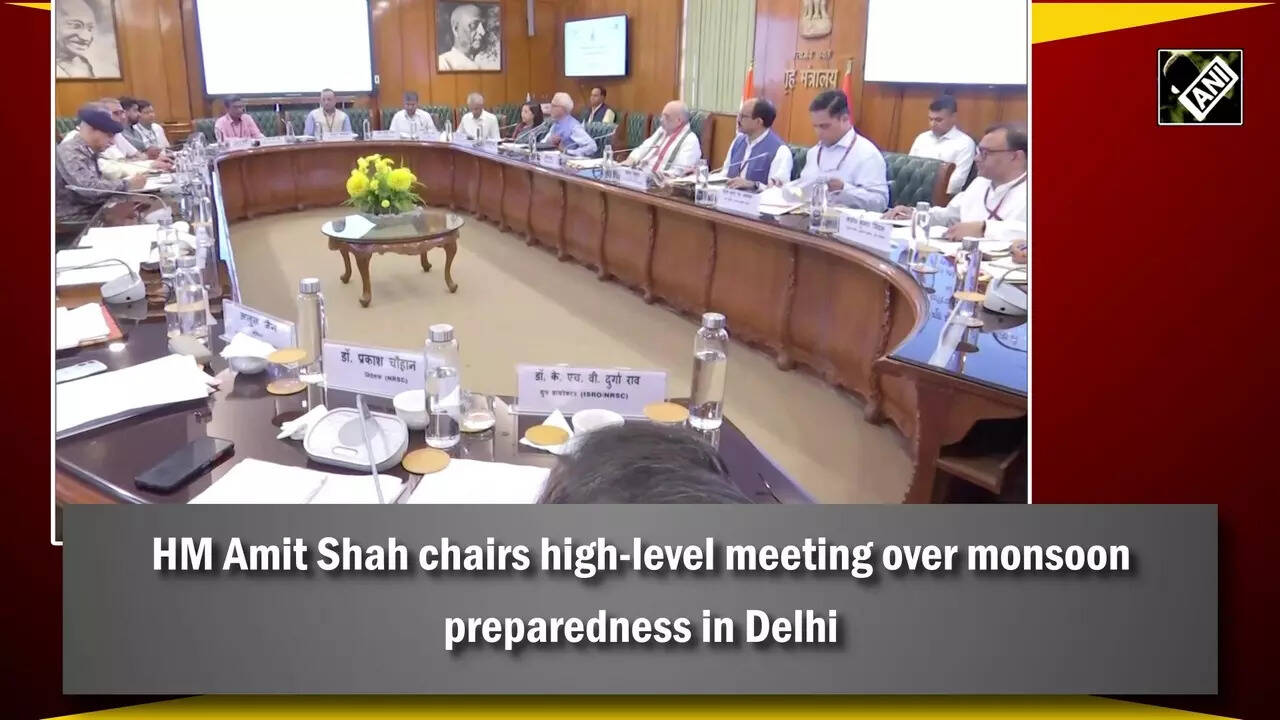
Delhi CM Rekha Gupta chaired a high-level meeting with department heads to discuss emergency preparedness measures. Among the key directions issued, the health department was instructed to ensure hospitals are ready with backup electricity, medicines, and clear duty rosters for staff. The power department was directed to promptly respond to power outages, while the DJB was asked to safeguard the water supply network. The CM also emphasized the need for coordination with central hospitals and disaster management authorities. The Food and Civil Supplies Department was also instructed to keep essential supplies stocked and the supply chain operational.
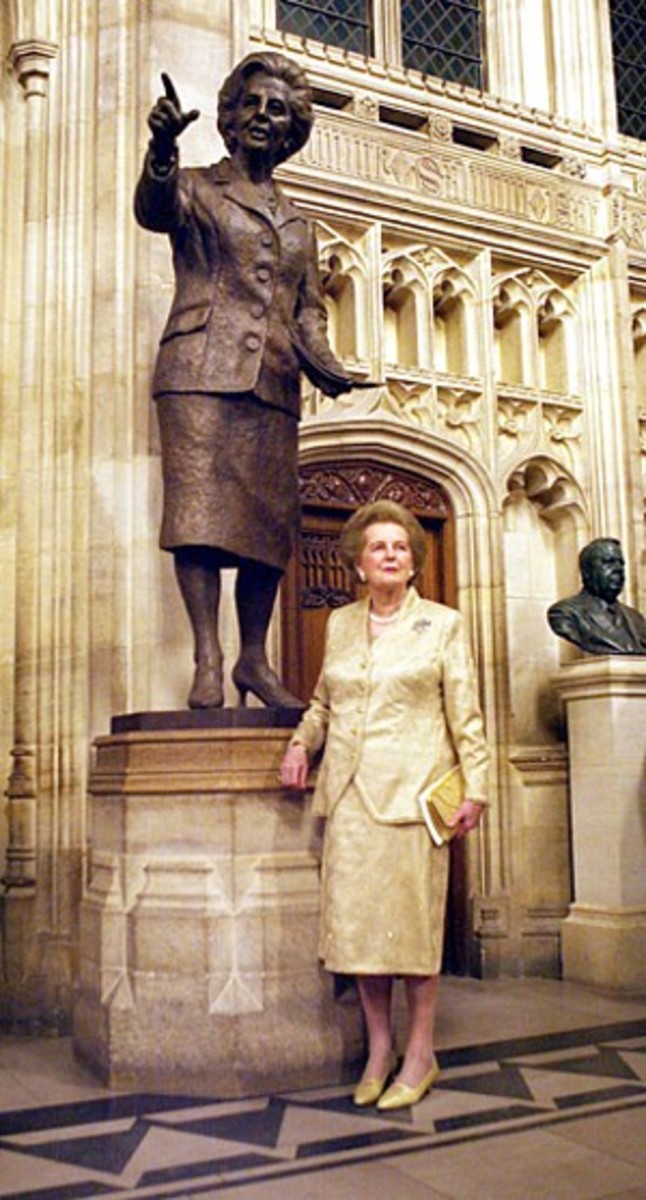
Margaret Thatcher, who ruled Britain for 11 years and was known for her strong leadership style, will be the first living politician to have a statue erected of her in the House of Commons. This decision breaks the tradition of waiting until a politician has been deceased for ten years before unveiling a statue and is causing some controversy among MPs. The Members' Lobby is the chosen location for the statue, which will join the bronze casts of other influential politicians such as Winston Churchill and Clement Atlee.
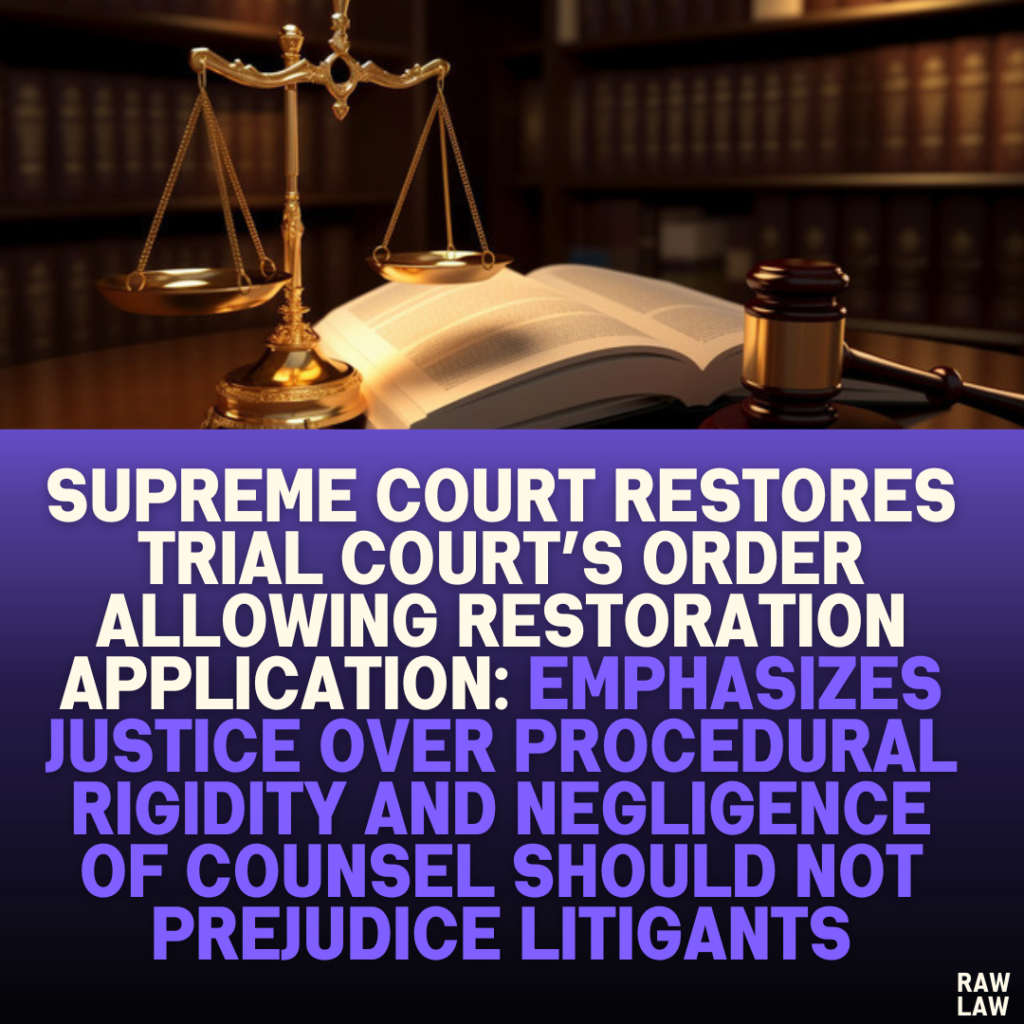
The Supreme Court on Friday set aside the Delhi High Court's order to delete a Wikipedia page on an ongoing defamation case between Asian News International (ANI) and Wikimedia. The bench reiterated the principle that courts should be open to public observation and welcome constructive criticism, and that media reporting about judicial proceedings cannot be curbed lightly. The Court also cited past judgments highlighting the importance of public scrutiny and gaze as a check against judicial caprice and maintaining public confidence in the administration of justice.
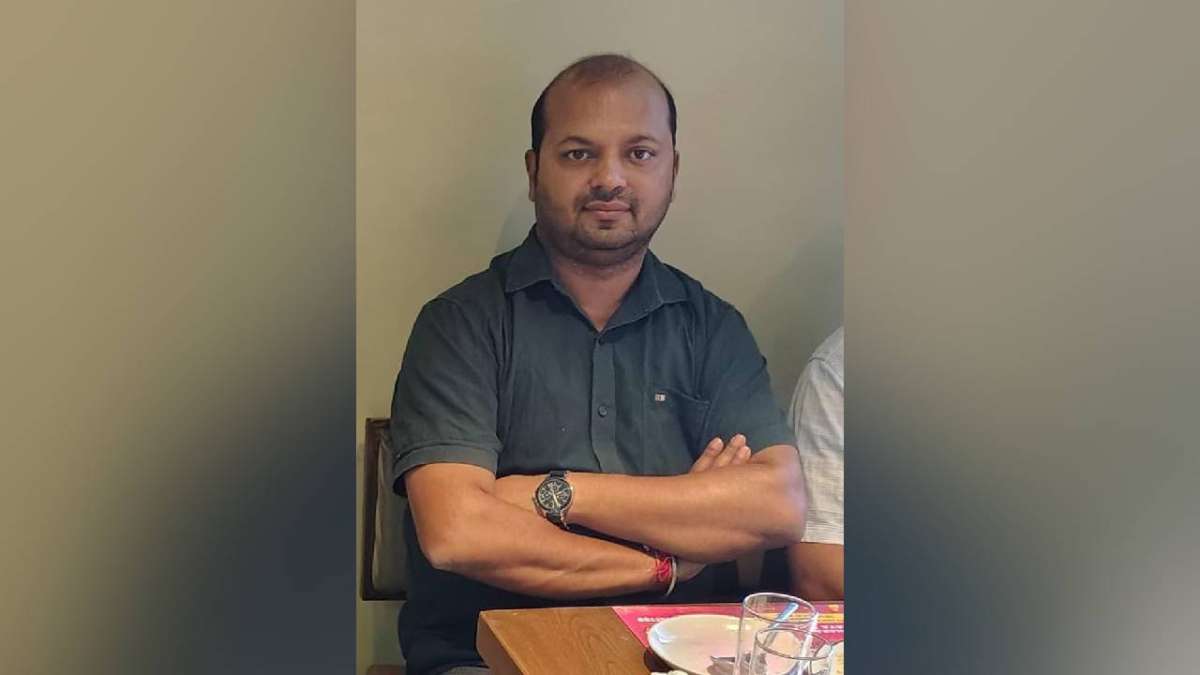
As the nation mourns the victims of the Pahalgam terror attack, retired Brigadier Deep Bhagat, a gallantry award-winning Indian Army veteran, has called for unity. In a video posted by his son, content creator Anish Bhagat, Brigadier Bhagat warned against falling into the trap of communal divide, which he claims is the goal of the perpetrators behind the massacre. He emphasized the need for Indians to stay united in the face of such tactics. The inspiring video has garnered over 4.5 million views and has received praise for the retired officer's wise words.
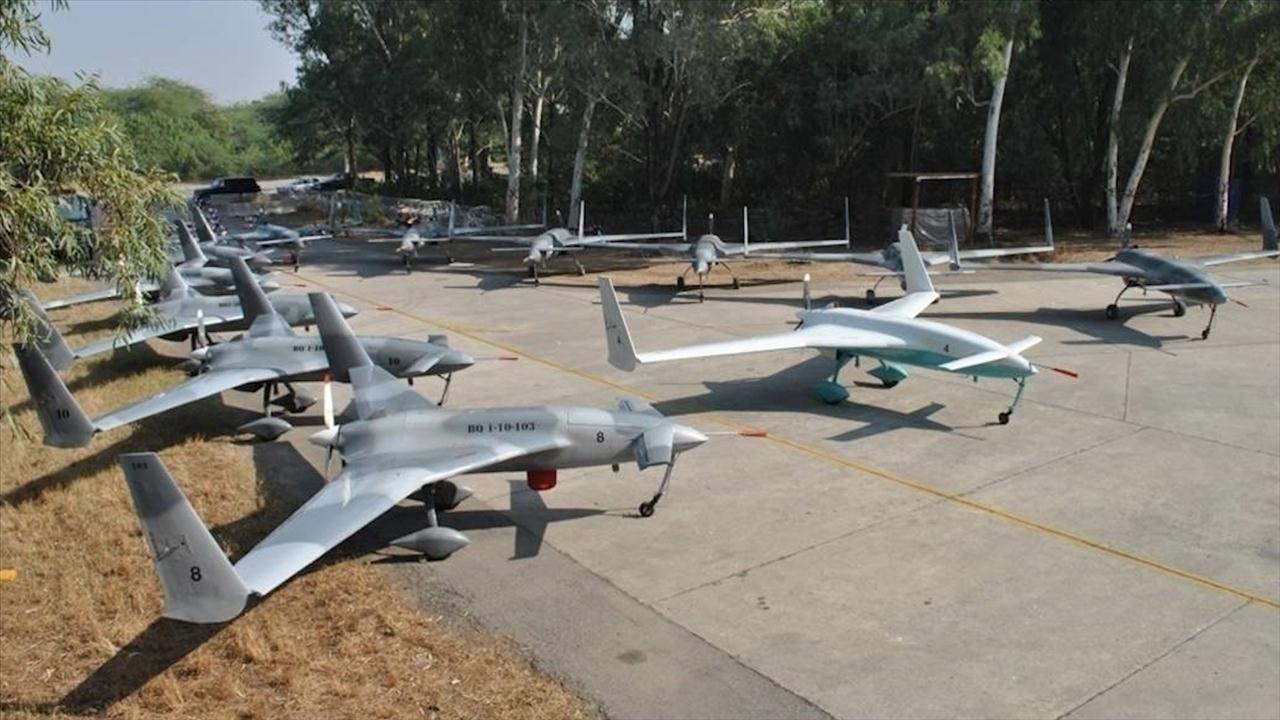
In response to Pakistan's escalating actions along India's western borders, the Indian Army launched Operation Sindoor and neutralized nine terror camps in Pakistan and Pakistan-occupied Kashmir. In the wake of Pakistan's drone attacks, the Indian Army has demonstrated its robust air defense systems and declared zero tolerance for any violations of India's sovereignty. Fragments and debris of an unidentified projectile were also recovered from Punjab and Rajasthan, indicating the aggressive intentions of Pakistan.
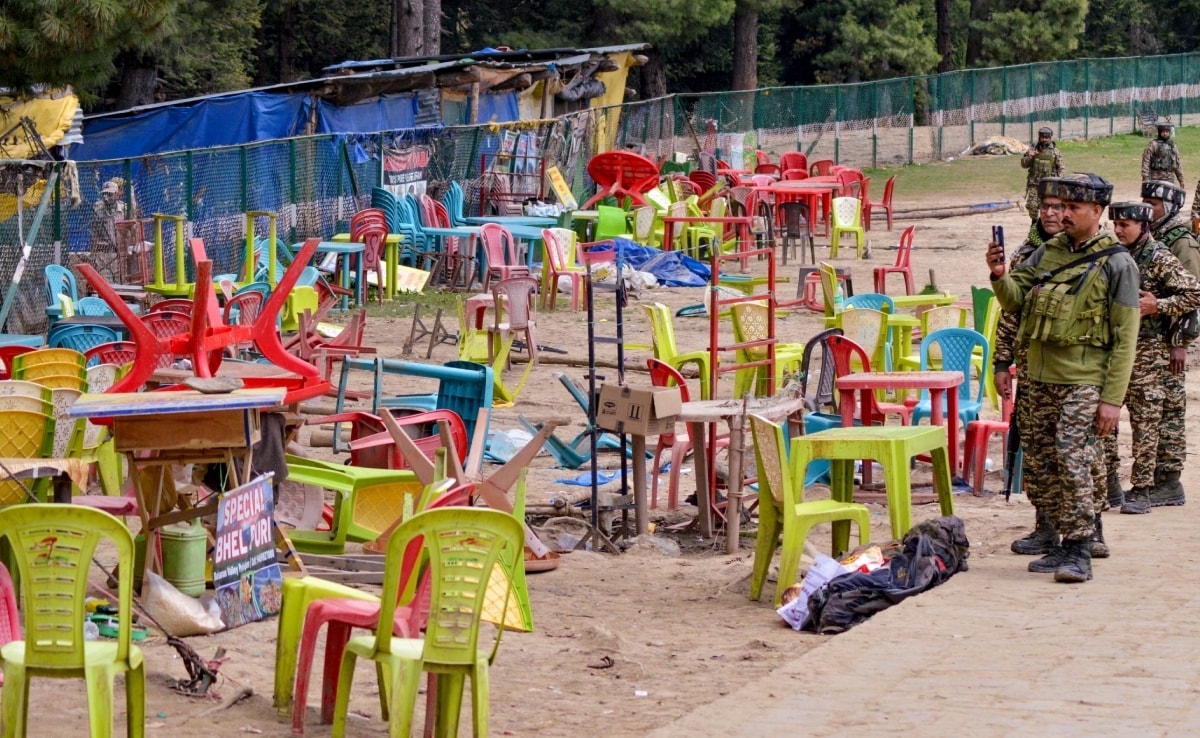
After the deadly terrorist attack in Pahalgam that claimed the lives of 27 civilians, including tourists, speculation is rife about India's response. It is reported that India may carry out surgical strikes and airstrikes against Pakistan. However, former Commander of the Srinagar-based Chinar Corps Lt Gen Devendra Pratap Pandey (Retd) cautions against this move, stating that Pakistan is looking for escalation to divert attention from its internal and economic problems. He suggests exploring other options for punishment that will target the culprits behind the attack.

On Saturday morning, India retaliated against Pakistan as the latter continued to launch airstrikes and use drones to attack military installations in multiple cities. In the early morning escalation, a senior official from Jammu and Kashmir, Raj Kumar Thapa, tragically lost his life due to a shell hitting his house. The CM has expressed his condolences and urged people to stay indoors amidst the ongoing conflict. Reports indicate that PAF has suffered losses during the engagement and the government is set to hold a briefing on the attacks.

Members of the Kashmiri Pandit Association and the Jammu and Kashmir Dogra Samaj gathered in Mumbai to honor and mourn the Hindu civilians brutally killed in Pahalgam, Kashmir. The community representatives stated that the victims were targeted solely for their religious identity, reigniting concerns about minority safety in the conflict-prone region. The attendees stood in silence, holding placards and candles, to remember the victims and to demand justice and protection for vulnerable communities. The organizers emphasized the need for national unity and called upon authorities to take swift action against such attacks. They also stressed the importance of civil society standing up against communal violence through peaceful but firm action.